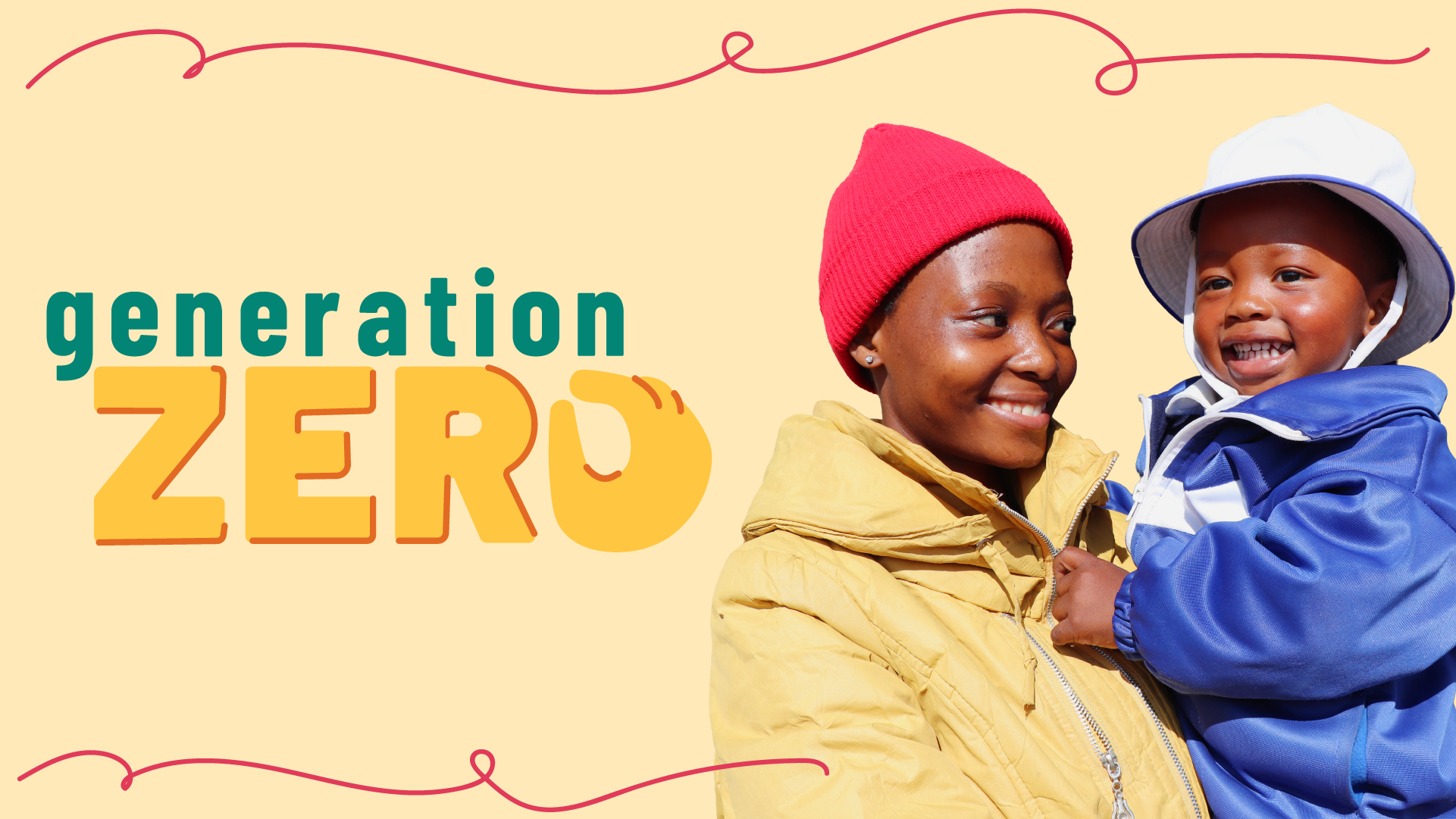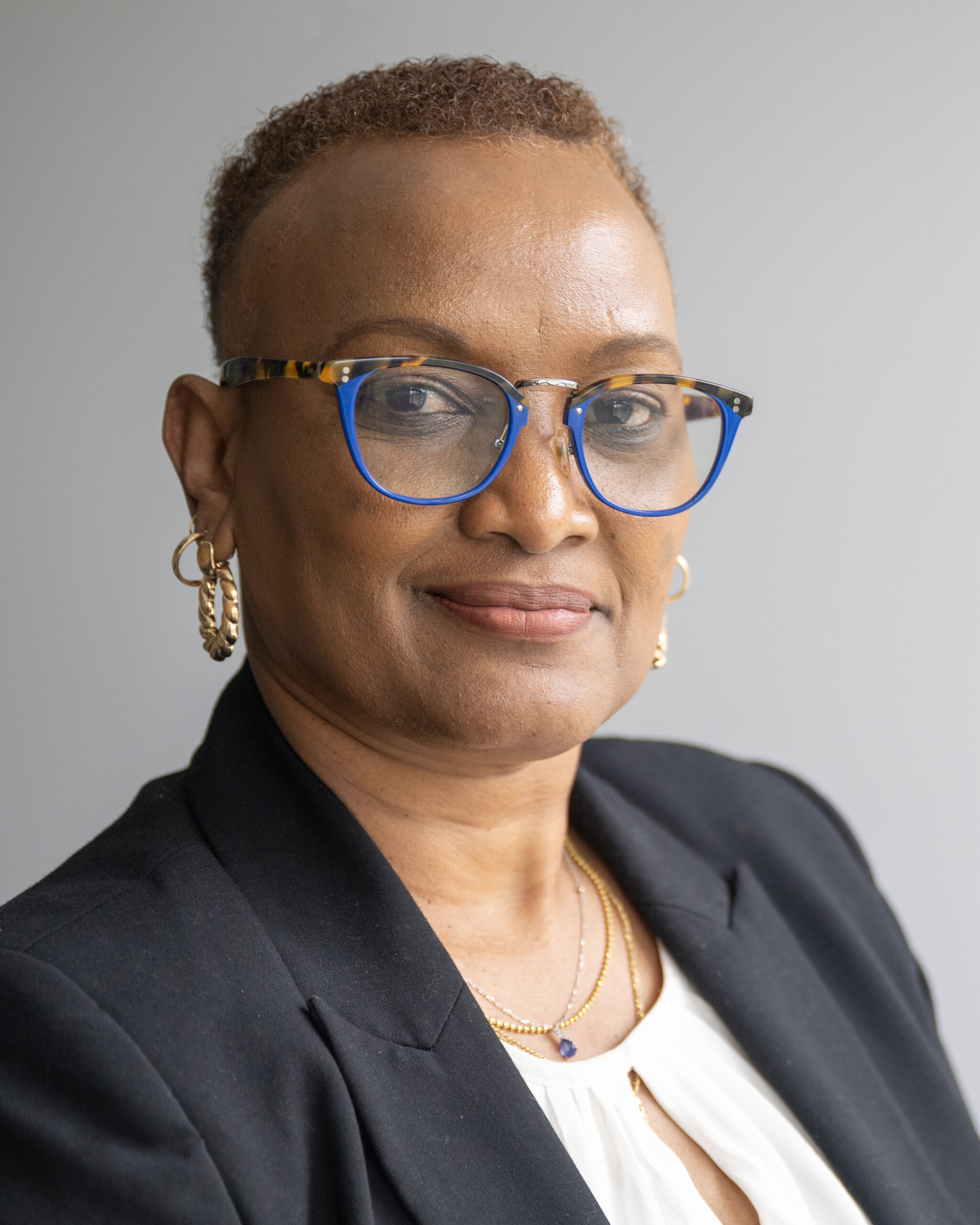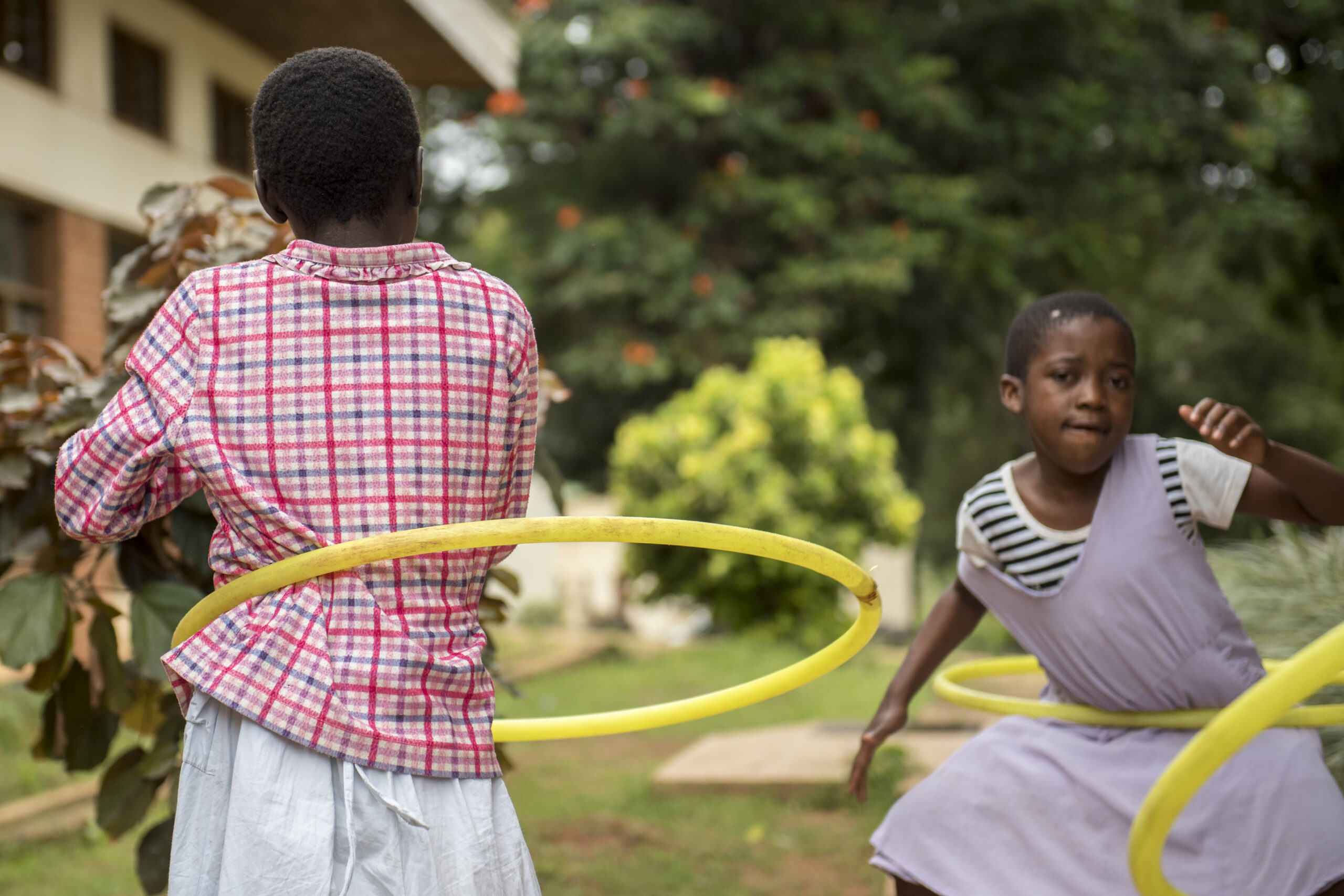Esna Mkwanda, 54, is a farmer and grandmother living in Mnenula, a village in central Malawi. One day, 18 years ago, she tested positive for HIV at the local health center. From that moment, she says, her life changed completely. Esna was frightened and isolated. She felt that her HIV status was a stigma that separated her from the rest of her village.

For five years Esna carried her secret, only telling her husband—who was also living with HIV. In 2005, when Esna’s husband died of tuberculosis (TB), an AIDS-related illness, Esna’s life changed again, and she found the courage to step out of the shadows.
Today, Esna is a respected community leader and an expert client—an HIV counselor trained by the Elizabeth Glaser Pediatric AIDS Foundation (EGPAF) with funding from the U.S. Presidents Emergency Plan for AIDS Relief (PEPFAR) through the U.S. Centers for Disease Control and Prevention (CDC).
After Esna’s husband died, she found herself alone with five children to support (all of whom are HIV-free). She confided her HIV status in a friend, who encouraged her to come to an HIV support group held at the center of the village.

“The first time I attended the meeting it was quite scary,” says Esna. “I did not know what to expect; I had been in hiding for a long time. I was quiet for a few meetings. I didn’t think that I could share anything. But when I heard others speaking up, I, too, gradually started to speak.
“The support group is the only place where I could freely express what I was going through,” says Esna. “Other people in the group are going through the same thing. We encouraged each other and got the momentum to reach out to others who were living in the shadows.
“At that time, there were a lot of people getting sick and dying,” she recalls. “Most people in the village were refusing to go for testing. Or if they did test positive, they might stop taking their antiretroviral medication because they feared what others would say about them—that they were sick and unclean.”
Eventually, Esna became the leader of the village support group. Now, when the headman of the village calls a community meeting, he asks Esna to address her neighbors—to educate them about HIV. Esna says that after such meetings, individuals in the community usually find their way to her door to learn more about how they can get tested.
“Before I got tested for HIV, I never had an opportunity to be a leader,” says Esna. “But now I have stepped out.”
In fall 2016, Esna volunteered to become an expert client at the Mayani Health Center, which is four kilometers from her house. EGPAF trained her to be an HIV counselor and health assistant. Every Tuesday, Esna leaves her small farm and reports to Mayani. This is the day that the health center disburses antiretroviral medication (ARVs) and sees HIV clients.

“Normally in the morning, there is a crowd waiting for a clinician, so I start with group counseling,” says Esna “I encourage those who are waiting to get tested and those living with HIV to adhere to their drug treatment. I also encourage them to use their own names so that they can be traced by the medical staff.
“After the morning education session, clinicians will refer specific clients to me if they require peer counseling—perhaps they are defaulting on their treatment. I also help the health workers with their work, for example weighing women who have come for antenatal visits.
“At the end of the day, the clinicians give me a list of those who did not come to their appointments, and I go out to the community to follow up. EGPAF provided me with a bicycle so that I can more easily reach all of the villages,” says Esna. (“But I am still learning to ride it, so for now I walk,” she confides.)

“Recently, I visited a client who had stopped coming to the health center for her ARVs,” says Esna. “When I sat down with the lady, I learned that she was being stigmatized in the community, and that was why she did not want to be seen going to the facility. I told her that the people who are stigmatizing her probably do not even know their HIV status. Some of them may be living with HIV. I said, ‘You need to ignore them and get your medication because you have children who depend on you.’”
“Then I told her my story—that I was sick at one time because I was not taking ARVs, and that now I am taking medication and I am strong. I have been living with HIV for 18 years and I have five grown children and seven grandchildren.”
“Every morning, I wake up and think that maybe I can reach out to somebody today who can be saved. I feel that I have a role to save somebody’s life,” says Esna.




